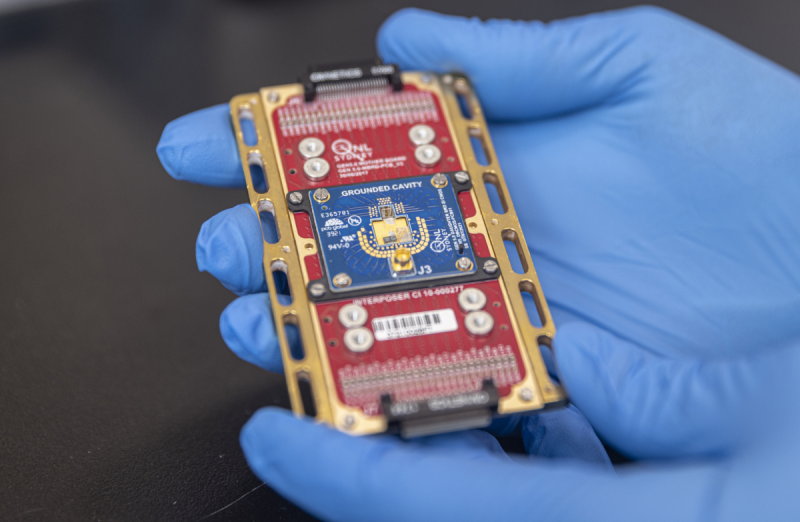Your cart is currently empty!
Distilling perfect photons for a better quantum computer
Researchers from the University of Twente have improved the quality of photons to such an extent that building quantum computers based on light becomes cheaper and more practical. “For a photonic quantum computer, you need extremely high-quality photons. Our technique ensures that only the best photons remain, which is crucial for reliable calculations,” comments lead researcher Jelmer Renema.
Because quantum computers are extremely sensitive to errors, previous methods required hundreds of physical photons to make a single reliable photonic qubit. The new method can replace part of the necessary error correction, requiring far fewer photons.

Whereas previous methods focused on error correction afterwards, the UT researchers tackled the problem at the source. They designed a component that can distil a single high-quality photon from a brew of imperfect ones. To do this, they devised an optical circuit consisting of programmable light guides and detectors. By exploiting the quantum properties of light, they created a Schrödinger’s cat-like state in which photons are more likely to assume ‘good’ rather than ‘bad’ properties. As in Schrödinger’s famous thought experiment, measurement ultimately determines whether a photon has retained the desired properties.
Instead of accepting imperfect photons and correcting them later, the new method directly filters perfect photons. Although filtering each perfect photon requires sacrificing several imperfect photons, it reduces the total number of photons needed. This saves an enormous amount of computing power and makes quantum computers cheaper and more efficient.
By using an optical circuit with programmable switches, the researchers can filter out bad photons without having to know exactly what causes the error. “Normally, you have to decide in advance what you’re filtering, such as a color filter that only lets red light through. We can now filter without knowing in advance what the problem is,” notes PhD student Frank Somhorst.
If photonic quantum computers are ever deployed on a large scale, the researchers say this Twente invention will be a fundamental part of it. As with classical computers, the same applies to quantum computers: bad input leads to bad output. By tackling the noise considerably at the front end of the system, there’s less need for correction afterwards. “Any practical photonic quantum computer will need this technique to perform error-free calculations,” says Renema.


